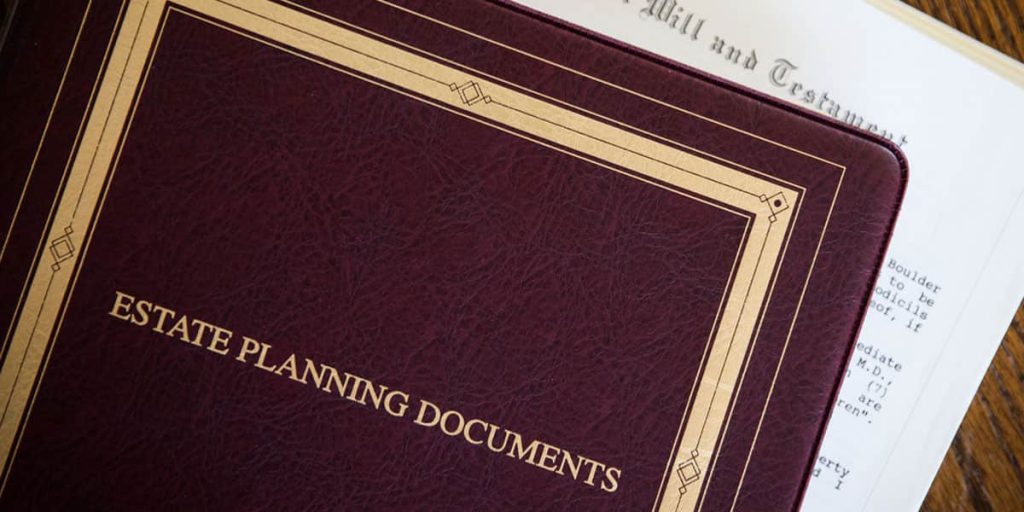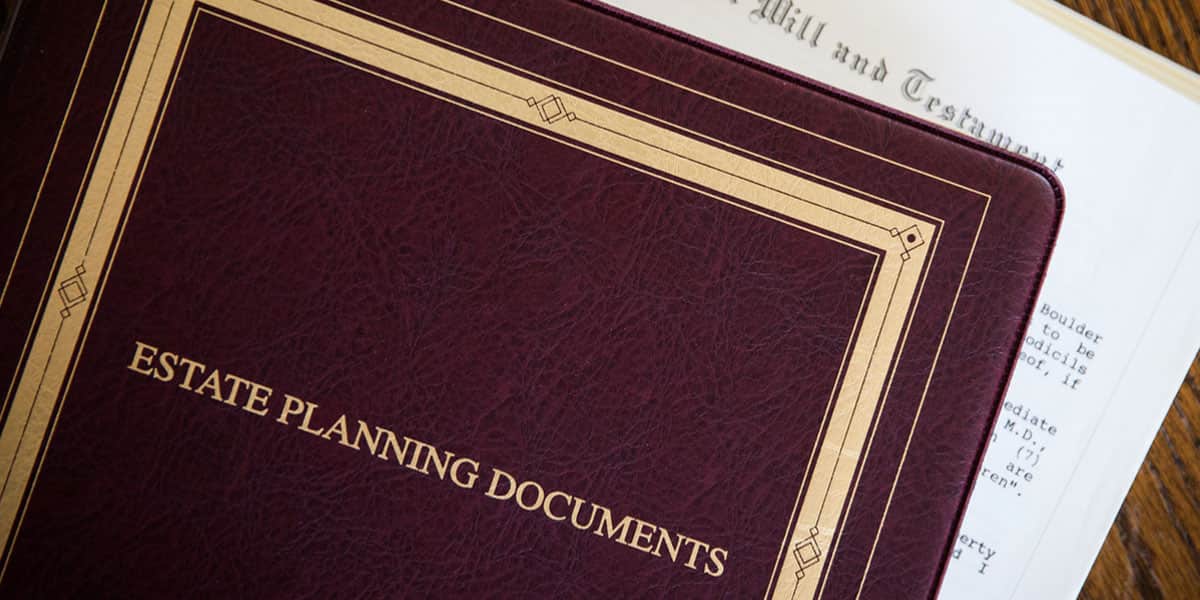
Having an estate plan is advantageous for individuals regardless of their financial status or age. While the necessity of an estate plan varies based on individual situations, here are some common reasons why it is beneficial.
Factors to Consider for Estate Planning:
Wealth Distribution:
If you have specific preferences on how your assets should be distributed posthumously, having an estate plan is crucial. Without a plan, state laws will determine the distribution of your assets, which may not align with your desires. An estate plan enables you to assign beneficiaries and ensure that your assets are distributed according to your wishes.
Dependent Children:
If you have minor children, an estate plan is essential to secure their well-being and financial support in case of your premature demise. Through an estate plan, you can appoint guardians for your children, establish trusts, or other mechanisms to manage their inheritance until they reach a certain age or milestone.
Planning for Incapacity:
Estate planning involves preparing for potential incapacity due to illness, injury, or old age. Documents like powers of attorney and advance healthcare directives allow you to designate a trusted individual to make medical and financial decisions on your behalf if you are unable to do so.
Tax Management:
If you possess a substantial estate, estate planning can help reduce estate taxes and other tax obligations, ensuring that a larger portion of your assets goes to your intended beneficiaries.
Ownership of Business:
For business owners, estate planning is particularly crucial to ensure a seamless transfer of ownership and management. It allows you to plan for the continuity of your business, designate successors, and address potential tax consequences.
Privacy and Probate Avoidance:
Estate planning can safeguard your privacy and minimize or eliminate the probate process. Proper planning ensures that your assets are transferred efficiently and privately to your beneficiaries without court intervention.
Even if you believe your assets are modest or you are young, having an estate plan in place offers peace of mind and safeguards your interests and those of your loved ones. Seek guidance from an estate planning attorney to evaluate your specific circumstances and create a plan that aligns with your needs and objectives.
Advantages of Estate Planning
Estate planning provides numerous benefits that can positively impact you and your family.
Here are some key advantages of estate planning:
Control and Transparency:
Estate planning empowers you to dictate how your assets will be distributed after your passing. You can specify the recipients of your property, money, and possessions, ensuring that your wishes are honored. This transparency can help prevent conflicts among family members.
Asset Safeguarding:
Estate planning offers strategies to shield your assets from various risks such as creditors, lawsuits, or financial instability of your beneficiaries. Through trusts, you can establish protections to preserve and manage your assets for the long term.
Tax Reduction and Expense Management:
A well-crafted estate plan can minimize estate taxes and other expenses, guaranteeing that a larger portion of your assets goes to your chosen beneficiaries. Estate planning attorneys can provide strategies to lessen tax liabilities and administrative costs related to asset transfer.
Probate Avoidance:
Effective estate planning can help your loved ones evade or minimize the probate process. Probate can be lengthy, costly, and subject to public scrutiny. By utilizing tools like trusts, you can transfer assets outside of probate, facilitating a more efficient and private distribution to your beneficiaries.
Protection for Dependents:
Estate planning enables you to designate guardians for your minor children and dependents. By establishing trusts or other mechanisms, you can ensure that their financial needs are met and that their assets are managed until they reach a certain age or milestone.
Healthcare and Incapacity Preparation:
Estate planning includes creating advanced healthcare directives and powers of attorney, allowing you to appoint trusted individuals to make medical and financial decisions on your behalf if you become incapacitated. This ensures that your healthcare preferences are respected and your financial matters are handled according to your wishes.
Succession Planning for Businesses:
For business owners, estate planning is vital to ensure a smooth transition of ownership and management. It enables you to designate successors, establish plans for business continuity, and provide for the financial stability of your business and family.
Peace of Mind:
One of the most significant benefits of estate planning is the peace of mind it offers. Knowing that you have taken proactive steps to protect your assets, provide for your loved ones, and address uncertainties can provide a sense of security and reduce anxiety.
By consulting with a knowledgeable estate planning attorney, you can tailor a plan to your specific requirements and aspirations, maximizing the benefits of estate planning for you and your loved ones.
The post Do I need an Estate Plan? appeared first on locallawyerny.com.
Do I Need an Estate Plan?
Introduction
Planning for the future is essential, especially when it comes to your assets and wealth. One crucial aspect of this planning is creating an estate plan. An estate plan is a set of documents that outlines how you want your assets distributed and managed after your passing. Whether you’re young or old, wealthy or not, having an estate plan in place is beneficial for you and your loved ones. In this article, we’ll explore the reasons why you need an estate plan and provide practical tips on how to get started.
Benefits of an Estate Plan
1. Protect Your Assets
One of the primary purposes of an estate plan is to protect your assets and ensure they are distributed according to your wishes. Without a plan in place, your assets may end up in the hands of individuals you wouldn’t have chosen.
2. Avoid Probate
Probate is the legal process of validating a will and distributing assets after someone passes away. It can be time-consuming, expensive, and open to public scrutiny. With an estate plan, you can potentially avoid probate or make the process smoother for your loved ones.
3. Provide for Your Family
An estate plan allows you to provide for your family members, especially those who depend on you financially. You can designate guardians for minor children, establish trusts for their education, and ensure their needs are met even after you’re gone.
4. Minimize Taxes
Through strategic estate planning, you can minimize the tax burden on your estate and ensure that more of your assets are passed on to your beneficiaries. This can help preserve your wealth for future generations.
Practical Tips for Creating an Estate Plan
- Educate yourself on the estate planning process and the documents involved.
- Make a list of your assets, debts, and beneficiaries.
- Select appropriate fiduciaries, such as executors, trustees, and guardians.
- Create a will, trust, and power of attorney documents to outline your wishes and empower your representatives.
- Regularly review and update your estate plan as your circumstances change.
Case Studies
Case Study 1: Sarah’s Story
Sarah is a single mother with two young children. She wanted to make sure her kids were taken care of in case something happened to her. By creating an estate plan, Sarah was able to designate guardians for her children, establish a trust fund for their education, and outline her wishes for the distribution of her assets. This gave her peace of mind knowing that her family’s future was secure.
Case Study 2: John and Mary’s Legacy
John and Mary were a retired couple who had accumulated significant wealth over the years. They wanted to leave a lasting legacy for their children and grandchildren. Through careful estate planning, they were able to minimize estate taxes, create charitable trusts, and ensure their assets were passed on according to their wishes. Their estate plan not only protected their wealth but also allowed them to leave a meaningful impact on future generations.
Conclusion
In conclusion, having an estate plan is essential for everyone, regardless of age or wealth. It provides protection for your assets, ensures your wishes are carried out, and provides for your loved ones after you’re gone. By following the practical tips outlined in this article and seeking professional advice, you can create a comprehensive estate plan that meets your needs and goals. Start planning for your future today and give yourself and your family peace of mind.


